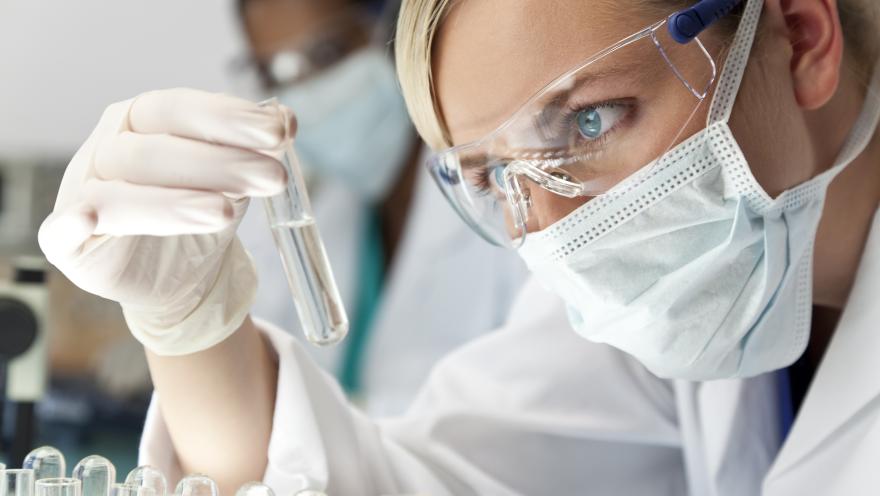The ALS Association, in partnership with ALS Finding a Cure and the Northeast ALS Consortium (NEALS) is giving $1 million in total funding to support a new ALS clinical trial to test the efficacy of the experimental drug RNS60 in reducing inflammation that may slow the disease process. The Association is contributing $500,000 out of the total award. The trial is currently being setup and is slated to begin in the New Year. The study will be led by Drs. Ettore Beghi, at the IRCCS Mario Negri Institute for Pharmacological Research in Milan, Letizia Mazzini, at the University Hospital of Novara in Novar, Italy and Sabrina Paganoni, at Massachusetts General Hospital in Boston.
Neuroinflammation
Inflammation is part of the immune system’s protective reaction to tissue damage or invasion by microbes. It is a process that should help heal. But sometimes the inflammation that accompanies illness or injury is counterproductive. Inflammation can turn into an unnecessary attack on the body’s own tissues, as in arthritis or autoimmune disease.
Inflammation in the central nervous system (i.e. the brain and spinal cord) is called neuroinflammation. There is increasing evidence that neuroinflammation accompanies the death of motor neurons in ALS.
RNS60
There are several components of the neuroinflammatory pathway that may be targeted by therapeutic action to slow or even stop the disease, such as the drug RNS60. Preclinical studies have demonstrated that RNS60 has broad anti-inflammatory effects that include reduction of inflammatory cell activation. It is designed to respond to cell stress, without affecting normal cell function. RNS60 has been extensively tested in preclinical toxicology studies and has shown little to no side effects.
Trial design
During the trial, 142 people with ALS will receive either the active drug or a placebo for a 24 week period. Primary objective is to measure a variety of pharmacodynamic biomarkers of inflammation. Secondary outcome measures will include ALS Functional Rating Scale – Revised (ALSFRS-R), survival, forced vital capacity (FVC), along with tolerability and safety. The drug will be administered intravenously the first day of the week and by nebulizer for the remaining six days of the week for a total duration of 24 weeks. Blood samples will be taken on day one; week four; week 12 and week 24 for biomarker studies.
Biomarkers are used in this study
This trial is funded through The Association’s ALS ACT grant umbrella that promotes the use of biomarkers in clinical trials. Biomarkers are any measurable substance in the body that can be tracked over time. They are vital to clinical trials to track and understand whether the drug is engaging it target and whether it is altering the disease state. During this trial, markers of neuroinflammation will be measured in the blood to determine if the treatment hits its designed target in the brain and is having the intended effect on the immune system.
Next steps
The trial is slated to begin enrollment early in 2017 at clinical sites in Boston and abroad in Italy. Once we receive more information about the clinical trial and the enrollment start date, we will notify the ALS community. A clinicaltrials.gov number has not yet been assigned.
More information
Read accompanying press release here.
Search for clinical trials in your area here.


Join the conversation. Please comment below.